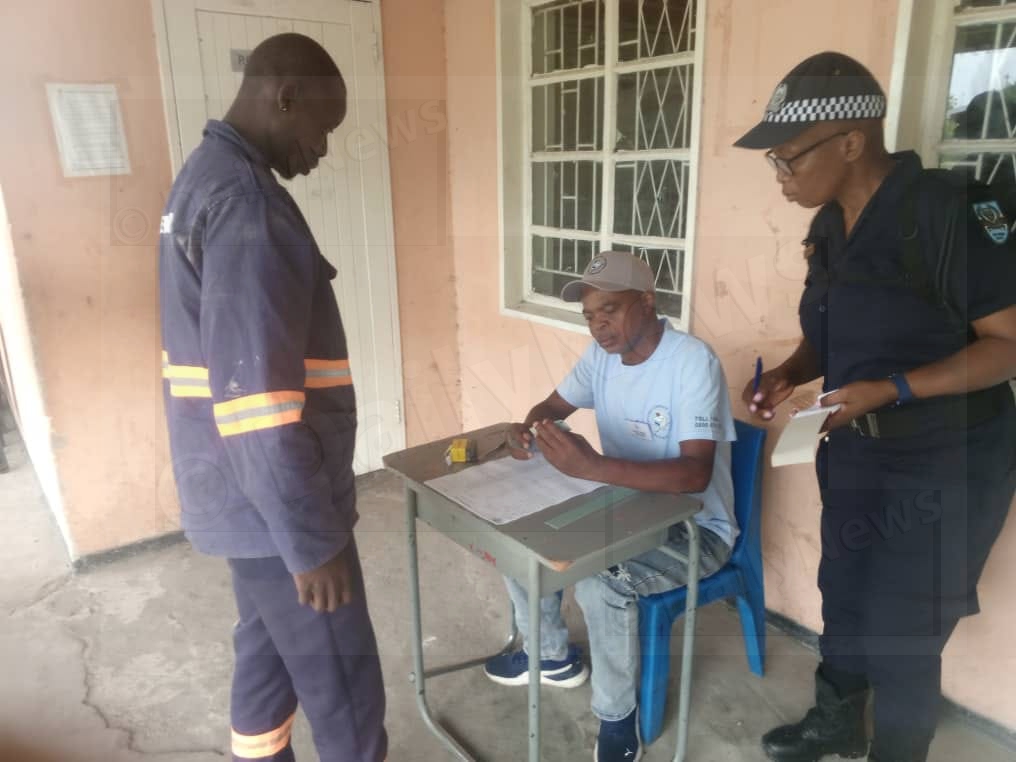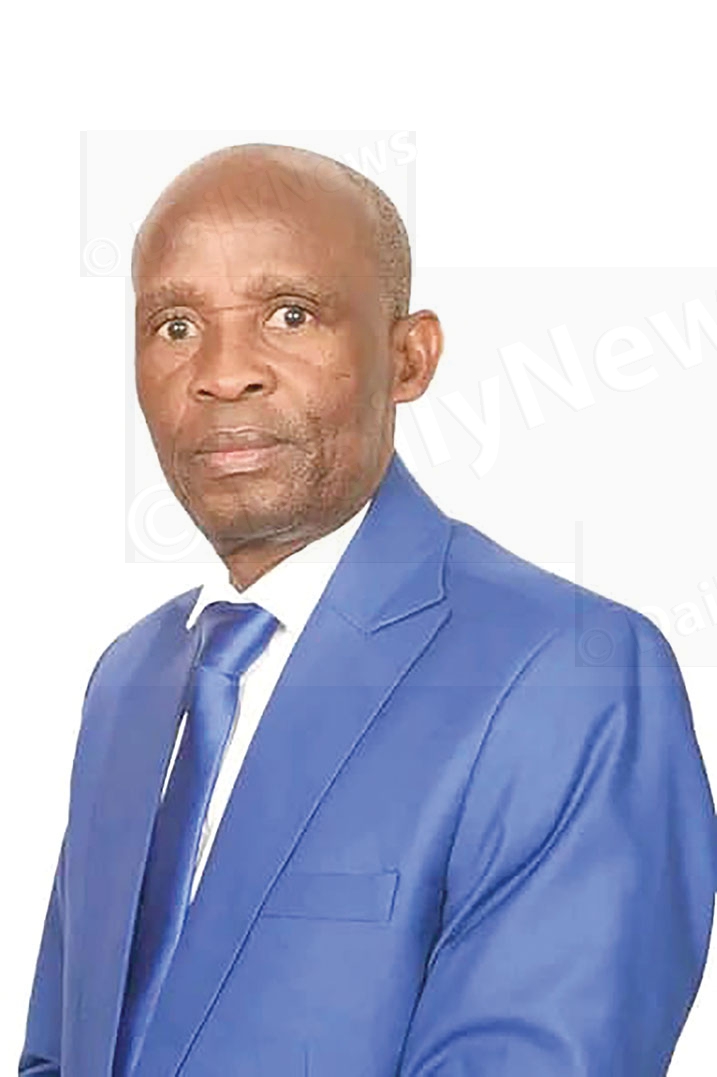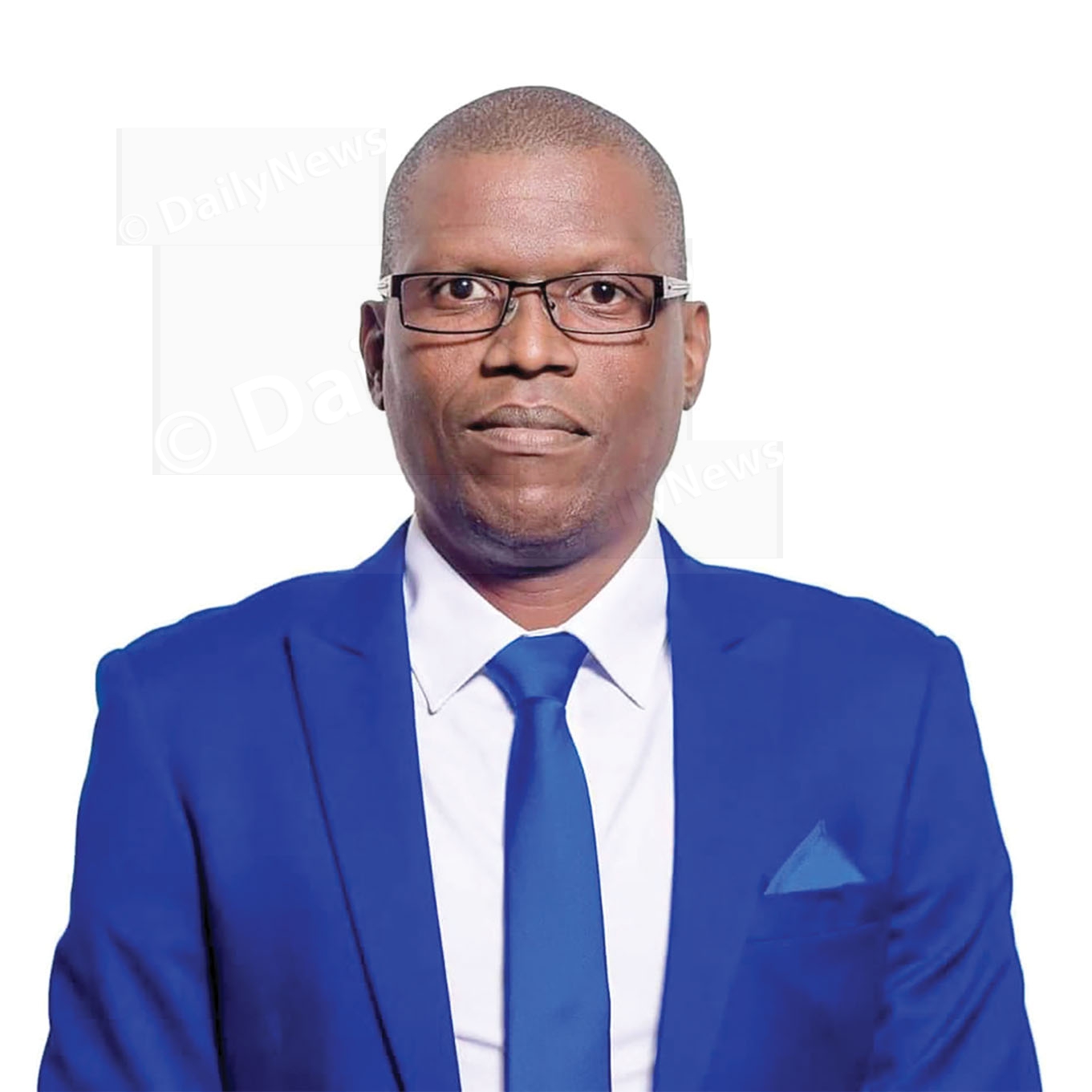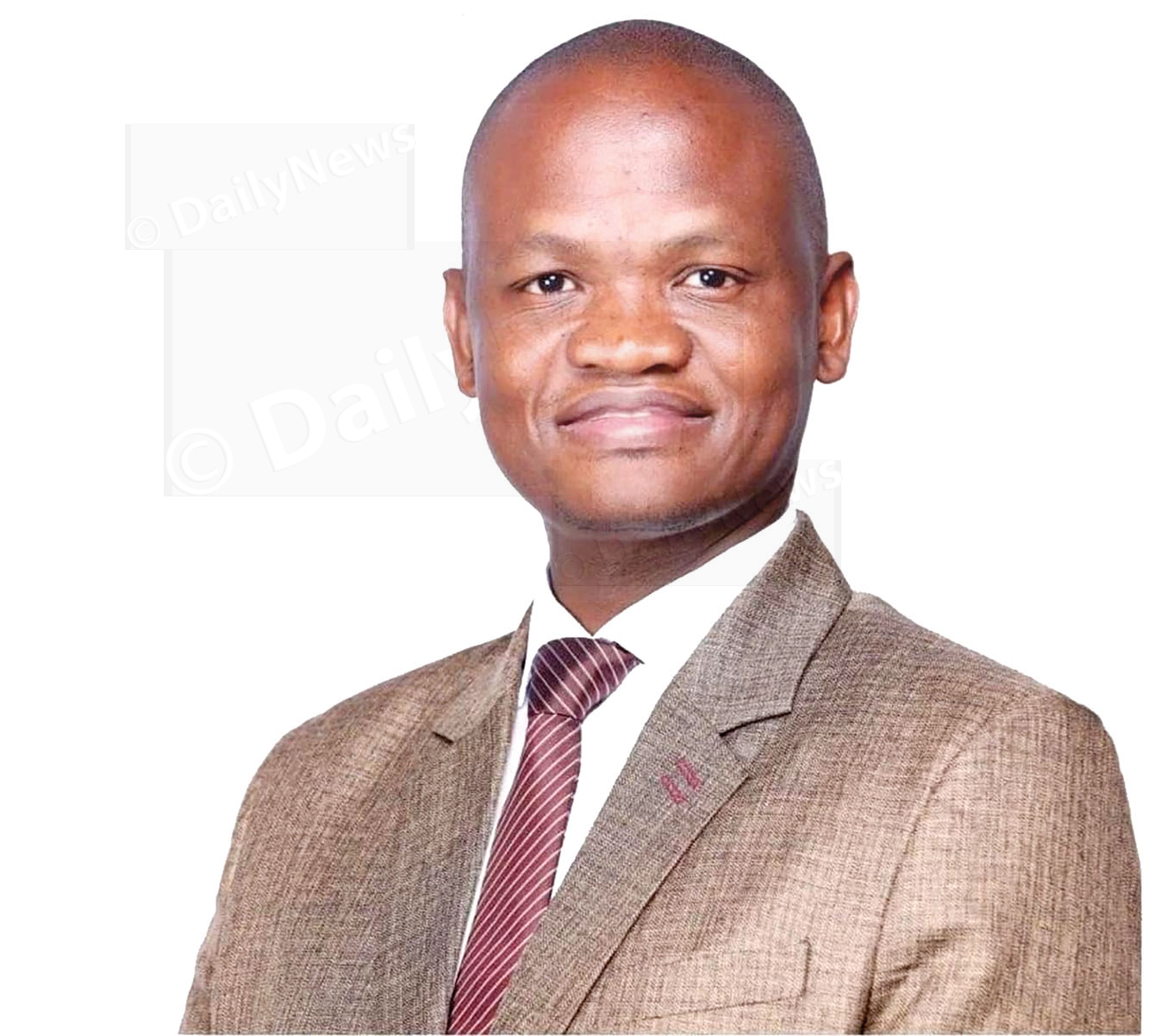Parties pitch for general election
29 Aug 2019
The first of the three thematic political party debates in the build up to the 2019 general elections took place at the Francistown College of Technical and Vocational Education (FCTVE) on August 28 night with parties trading barbs in a battle for the manifestos.
The six contesting parties included the ruling Botswana Democratic Party (BDP), Umbrella for Democratic Change (UDC), Alliance for Progressives (AP), Botswana Movement for Democracy (BMD, Botswana Patriotic Front (BPF) and Real Alternative Party (RAP).
With Francistown as the historical mining hub in the country and having suffered severe effects of mine closures in the last three years, the theme of the debate centered around unemployment, economy and mining.
From the onset, it became clear that party representatives wanted to focus more on pragmatism and less on ideology.
Job creation and mineral beneficiation became a dominant theme throughout the night with all parties throwing suggestions around on why they should be trusted to govern post-October 2019.
AP representative and outgoing Francistown South MP, Mr Wynter Mmolotsi kicked off his presentation by announcing that if given the opportunity to govern, his party had a properly laid out plan to tackle unemployment, which currently stood at close to 20 per cent.
Consequently, he highlighted that as a party they had identified the agricultural sector as a base from which to reboot the economy and reduce joblessness to 10 per cent.
He explained that AP would put in place plans to exploit the agricultural value chain by establishing local processing plants to increase the sector’s contribution to GDP.
He also explained that they were looking at localising the tourism sector for it to be inclusive.
His party, he noted would introduce a borehole-drilling scheme for committed farmers to produce crops all year round and draw water from riparian rivers as per the Helsinki Agreement.
On mining, Mr Mmolotsi added that an AP government intended to de-monopolise the diamond sector and find new partners rather than relying on De Beers alone.
Localisation in the mining industry, he mentioned, would see Batswana participating as owners of mines rather than employees.
An AP government, he explained, would aggressively pursue the synthetic diamond market so that it is not left behind by innovations and changes in the sector.
He also said his party would evaluate all the closed mines and open them for production if they prove to be viable.
Further, Mr Mmolotsi said his party did not want to make wild promises given the fact that the budget had been running on a huge deficit.
For his part, UDC representative, Mr Morgan Moseki decried the fact that while Botswana was classified as an upper middle income country, unemployment figures defied that categorisation.
Locals, he said, were not the real beneficiaries of the economy.
Under a UDC government, Mr Moseki explained that they would use infrastructure expansion projects to boost job creation, which would lead to 100 000 jobs in 12 months.
This, he highlighted, would be complemented by absorbing qualified teachers and nurses who were already roaming the streets while they were shortages in public facilities.
Under his party, he said the teacher-student ratio would be improved to ensure that one teacher is responsible for 25 students.
Mr Moseki mentioned that the UDC was committed to mineral beneficiation, citing the example of Soda Ash, whose value chain could be developed to produce many by-products, thereby boosting employment creation.
He said the P3 000 living wage for employees in the formal sector was possible looking at executive pay in the country.
He also said that his party would do away with the practice of spending money training people and then allowing them to go to waste.
On mining, he said that the UDC’s first priority would be to re-open the Tati Nickel and BCL mines, which should have never been closed in the first place.
He also promised that under a UDC government beneficiation would be mandatory in every sector of the economy.
On other issues, the UDC representative observed that the UDC manifesto was envied by other political parties, hence the clamor to expend all their energies on it.
He further told the audience that analysts who were engaged by the party when drafting the manifesto had confidently told them that it was feasible to create 100 000 jobs, pay a living wage of P3 000 and an old age pension of P1 500.
UDC, he said, would create an economy that works for everyone if voted into power.
He said that his party would do away with the practice of tourists who pay money in their countries to come here, in the process depriving the country of tax.
A UDC government, Mr Moseki further promised, would engage in large projects to expand railways and airports.
Former Lobatse MP, Mr Nehemiah Modubule representing BMD said his party would create jobs through processing of minerals and livestock products locally.
He said that agricultural processing industries would be boosted under BMD to ensure that all cottage industries are found within the country.
He said BMD would ensure that local mines were labour intensive to boost employment figures.
He noted that under his party, government would own 51 per cent of all mines.
He said that the BMD believed that copper and nickel should be stockpiled when metal prices go down for sale in the future when prices go up.
He also said that while foreign investment was necessary, BMD would never allowing a situation where foreigners control all key sectors of the economy.
To correct this, he said that his party proposed to train locals to be in charge of key economic sectors through the establishment of the domestic direct investment fund.
This, he mentioned, would provide local investors with funding to invest in their economy.
Malaysia, he highlighted, was a good example of how such a fund could transform the economy from within.
He also said that if voted into power, BMD would introduce climate smart agriculture to cope with current challenges facing farmers.
Batswana, he added, do not need incentives to invest locally, but rather knowledge, noting that areas such as Lobatse would qualify for tax rebates under a BMD government.
Like other party representatives, he agreed that key mines should be run by the state, while other less important ones could be left to the private sector. Ends
Source : BOPA
Author : Puso Kedidimetse
Location : FRANCISTOWN
Event : Political debate
Date : 29 Aug 2019









